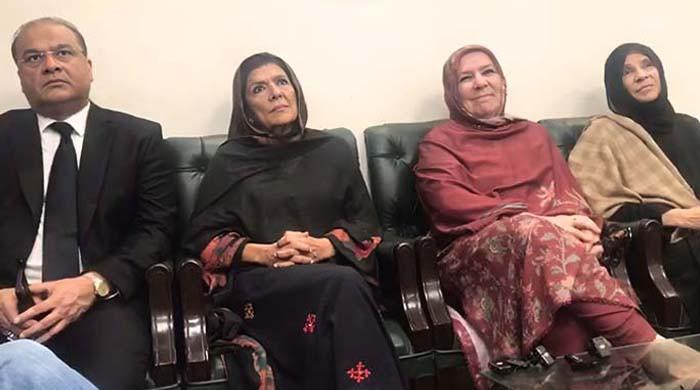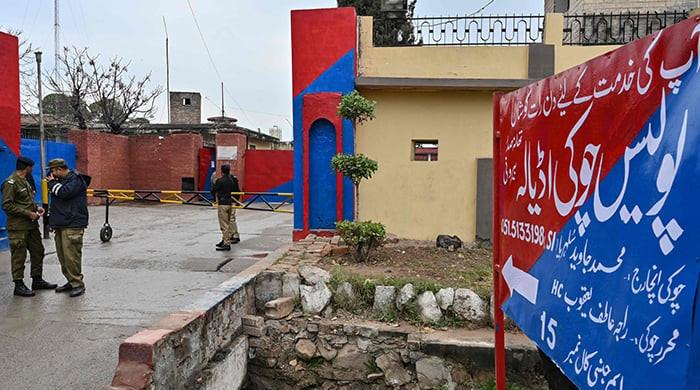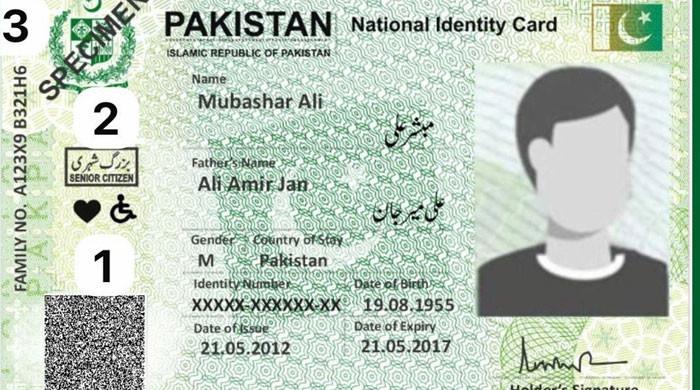Parents should encourage children to explore identities, says gender therapist
'Some people feel like neither man or woman or feel like a mix of both or exist completely outside of the two'
February 10, 2020
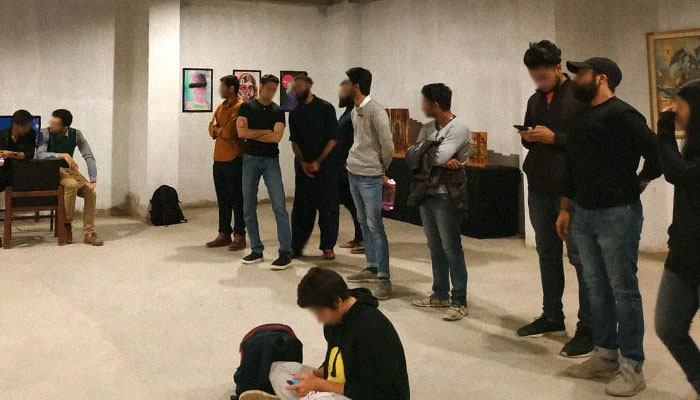
KARACHI: "Close your eyes and take a minute to think about what you think makes you personally the gender you are," says Layla, a gender therapist, to her audience as part of an exercise to understand what gender identity is.
Speaking at a session titled "Gender Identity and Expression" at a private university over the weekend, Layla advised parents and guardians to encourage children to explore their sense of gender. It was aimed at understanding gender and normalising trans and non-binary folks.
For some people, she said, the sex they were assigned at birth doesn’t match how they feel about their own gender — and that can happen in their early years or later in life.
Responding to a question from an audience member on how long should parents wait before allowing their child to transition, she said: "There is no need to wait. Children should be encouraged to explore their sense of gender."
She then carried out an activity called Transgender Visualization Exercise, developed by the Ball State University’s Trans SafeZone Project back in 2012 and focusing on the experiences of those who have transitioned — female-to-male (FTM) or male-to-female (MTF).
The exercise asks people to imagine a situation where they wake up to find out that their body has anatomically changed to features of the opposite sex and they then have to go through the day where everyone else just refers to them according to how they appear in the new body.

In the exercise, the anatomical change was permanent and one is forced to imagine continuously living with it.
“What is it going to be like to live life in a body that you know is completely wrong for you? How will you have the energy to do this? What would it take to change your body back to the one you know is right for you? The options seem limited and overwhelming.”
That experience, she explained, was what transgender people go through every day.
"Transgender is a very broad term because there are so many different ways to experience gender, as many different ways as there are people actually," Layla mentioned. "Society also tends to think of gender as a choice between two: man or woman.
"However, this doesn’t accurately reflect everyone’s experience because some people feel like neither man or woman or feel like a mix of both or exist completely outside of the two."
The therapist noted how a lot of people still believed that gender was determined by body anatomy and that genitalia dictated the gender assigned when one is born. People who do not conform to their assigned gender then label themselves as AFAB or AMAB — assigned female at birth or assigned male at birth — when talking about their lives and identity, she said.

Layla also stressed on how it was important to remember that gender identity had nothing to do with sexual orientation, which is why transgender people could be straight, gay, bisexual, asexual, etc., in addition to being trans.
Similarly, gender expression — including things such as a person's clothes, hairstyle, makeup, mannerisms, hobbies, and the way of interaction with others, among others — does not need to match with gender identity either.
Masculinity and femininity, therefore, were normative concepts, varying from person to person, which was why it was not okay to ostracise people for being effeminate or hypermasculine. “You can see that gender is very complex and individual and there’s no such thing as ‘normal’,” she added.
Towards the end of the session, an audience member asked Layla if she thought intersex people were easier to accept and understand as opposed to trans people because of anatomical differences.
The therapist responded by saying her impression was that there was less awareness in society about intersex individuals than trans people.
“However, the high rates of medically unnecessary surgeries on intersex children indicates that there is an internalised pressure to assign a binary sex to intersex children regardless of their wishes or gender identity,” the therapist said.
Regardless, “there are lots of discriminatory — and even violent — practices against both”.
The audience was very curious and responded enthusiastically to the awareness workshop. Later, while speaking to Geo.tv, Layla said she was happy about the session.
“I said, ‘This isn't just a sad event, when someone starts living as the gender they feel, it can be incredibly liberating, like taking off a suit of armour’,” she stated.
On questions from the audience, she said someone inquired about how to know if they or their child was trans, to which she emphasised that it was important not to confuse body dysmorphia with gender dysphoria and that such diagnoses could only be made by a trained psychiatrist.
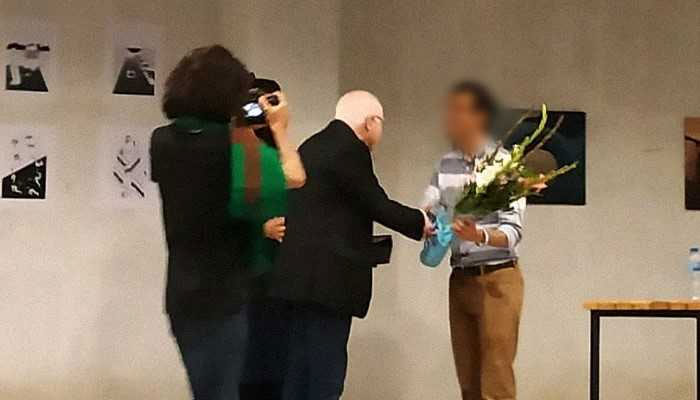
“My understanding is that body dysmorphia is a deep anxiety with one's appearance — which may not have to do with gender — while gender dysphoria is a strong discomfort associated with a gender identity that is different from their sex assigned at birth,” she said.
When another audience member asked if someone could feel very masculine and feminine at the same time, Layla showed them the gender unicorn, a helpful guide created by Trans Student Educational Resources.
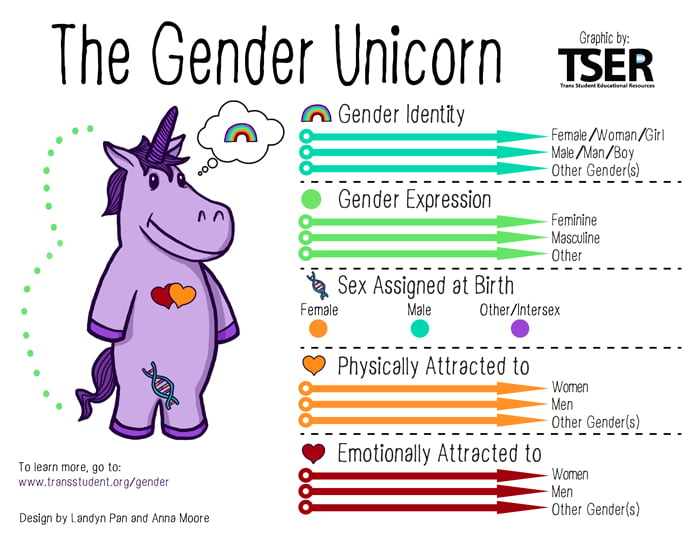
“I said yes and showed him the gender unicorn,” she said.




